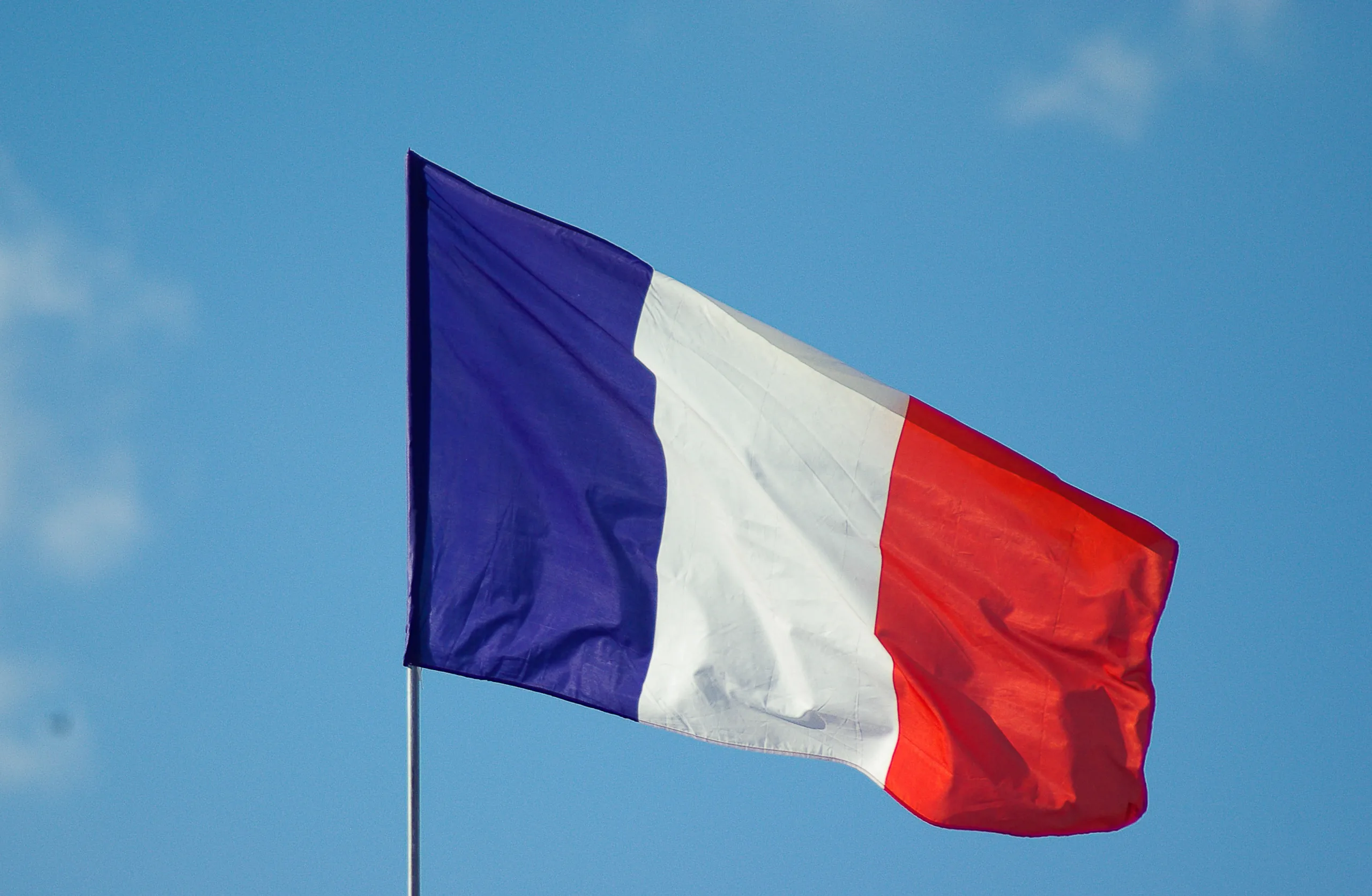Fyodor Dostoyevsky, one of Russia’s most well-known authors, was sentenced to four years in exile in a prison camp in Siberia for reading and disseminating material constituting anti-government propaganda. Unfortunately, repressive practices like these by the Russian government continue today and target individuals, both Russian and non-Russian, for acts of free expression that range from exposing human rights abuses to holding views that are considered anti-government to voicing support for equality for people of all sexual orientations.
At the end of January, PEN American Center will host a delegation of four distinguished Russian authors and publishers who are standing up for open discourse in Russia. Through public events and meetings with fellow writers, journalists, analysts, and policy makers, they will share from the inside how censorship and the closing of the creative space are being used to control the narrative of past and present. In addition, this month we’ll be highlighting the cases of three individuals: Natalia Estemirova, Oleg Sentsov, and Nikolai Alexeyev, who have suffered for simply exercising their right to free expression.
Natalia Estemirova’s murder reflects Russia’s determination to keep human rights abuses in Chechnya hidden from the public. On July 15, 2009, Estemirova, a journalist and human rights defender, was abducted by four gunmen on her way to work in Grozny, the capital of Chechnya. She was found dead later that day in the woodlands in neighboring Ingushetia with five bullet wounds to her chest and head. It is reported that, at the time of her murder, Estemirova was working on a sensitive case investigating the possible involvement of Chechen police officers in the public execution of local resident Rizvan Albekov, but investigating officials inexplicably stopped pursuing the possible link between Albekov’s execution and Estemirova’s murder in early 2010. To date, no one has been arrested for her murder. It is one in a long-standing and immensely worrying pattern of killings with impunity of journalists and writers in Russia. According to the Committee to Protect Journalists, 56 journalists have been murdered in Russia since 1992. Eighty-nine percent of these murders have been carried out with complete impunity. In 2006, one of Estemirova’s colleagues and collaborators in exposing human rights abuses in Chechnya, Anna Politkovskaya, was murdered, and her killers were never brought to justice.
Oleg Sentsov, a Ukrainian film director, was sentenced to 20 years in a Russian prison on charges of terrorism on August 25, 2015. Ukraine and many Western nations refer to the charges as “trumped-up” based on Sentsov’s outspoken criticism of Russia’s annexation of Crimea. Sentsov was forcibly abducted from his home in Simferopol, the capital of Crimea, by Russian security forces on May 11, 2014. He resurfaced days later in Moscow. Sentsov, after having the status of Russian citizenship forced upon him, stood trial in August 2015 with visible bruises from torture, which was unsuccessful in eliciting a confession from him. Sentsov was found guilty of creating a terrorist group, carrying out two terrorist acts, and plotting the explosion of a statue of Lenin in Simferopol. He was also accused of founding a branch of a banned Ukrainian nationalist group called Right Sector, an accusation that the group, as well as Sentsov, refute. The key eyewitness against him, Gena Afanasev, retracted his original testimony, saying it was obtained through torture. Sentsov’s case is emblematic of Russia’s creeping influence in repressing free expression outside Russian territory.
Nikolai Alexeyev is a journalist, lawyer, and LGBTQI rights activist who was the first person charged and fined in Russia under the local municipal law that would eventually become Russia’s infamous “anti-gay law,” as it is popularly known. First introduced in St. Petersburg, the law eventually became a Russian federal law “for the Purpose of Protecting Children from Information Advocating for a Denial of Traditional Family Values.” It was unanimously passed by the State Duma on June 11, 2014. Russia’s anti-gay law aims to prevent discussion around LGBTQI issues and stymie expression by LGBTQI individuals. In 2015, Alexeyev confirmed that he was officially charged with insulting a representative of authority—he had criticized two Russian Duma officials for their support of a ban on disseminating “propaganda of non-traditional sexual relations” to minors after the officials asked for criminal libel proceedings to be brought against Alexeyev nearly two years ago in 2013. Since that time, Alexeyev has reported continual harassment and violent attacks against him. As recently as May 2015, Alexeyev was handed a 10-day prison sentence for “disobeying police orders” for organizing and participating in a Pride demonstration in Moscow.
These three cases illustrate the dire consequences of exercising the right to free expression in Russia and the obstacles still present to the opening of a genuine space for free expression in the country. We call on Russia to guarantee that individuals will not suffer consequences like these for exercising their human right to free expression.
